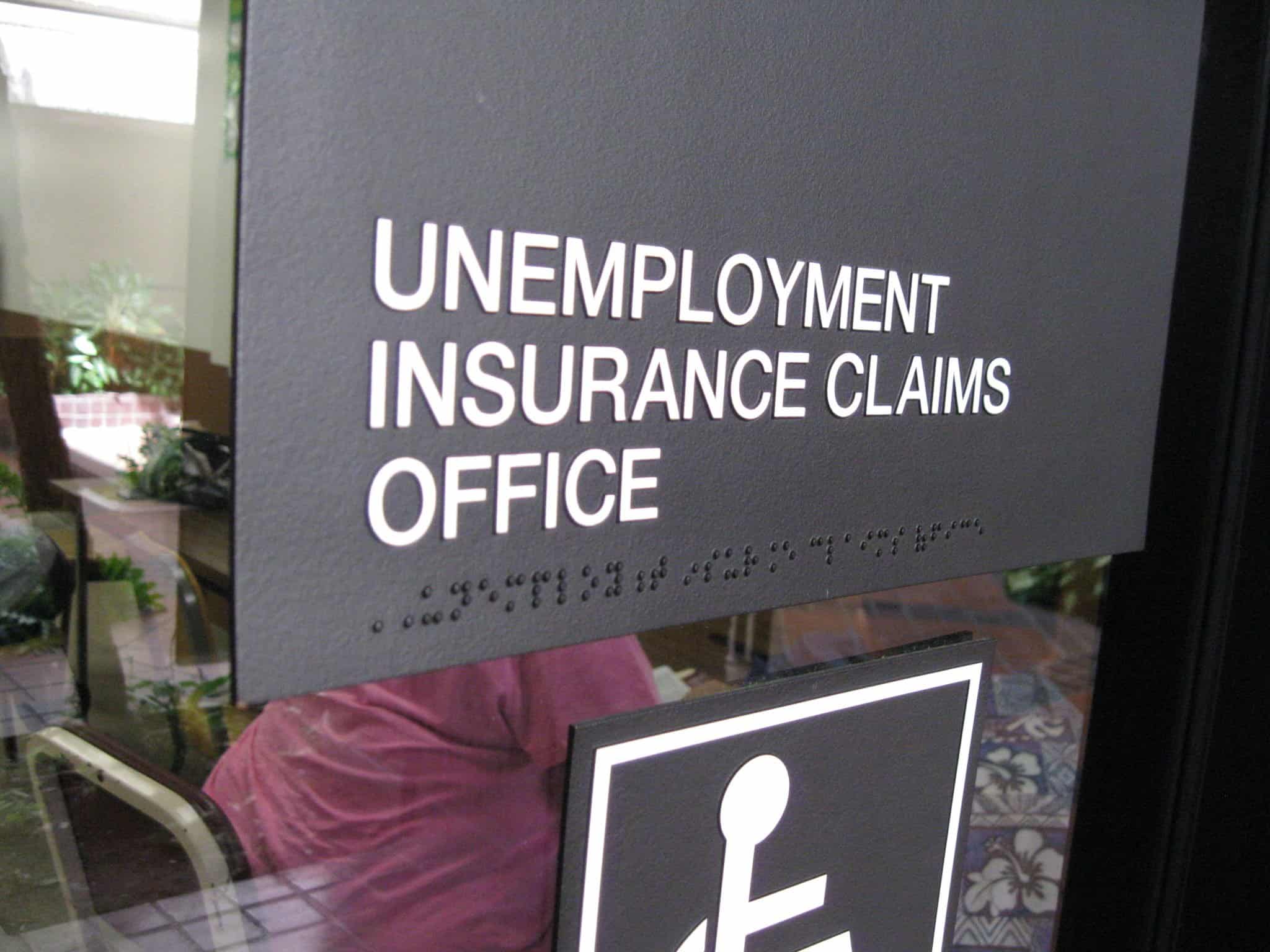Jacob Denz is a student at Harvard Law School
Unemployed workers were saving a substantial portion of their expanded unemployment benefits and are now spending down those savings, according to a new analysis in The New York Times. The anonymized data comes from about 80,000 Chase Bank accounts of recipients of unemployment benefits in eleven states including California, New York, and Wisconsin. From March to the end of July, the balance in the median account examined by the study nearly doubled. With the expiration of the $600 per week additional unemployment benefit at the end of July, the median balance declined 74% in a single month, and the trend has likely continued since then. Spending from the median account similarly decreased $93 during the same period. As unemployed households exhaust their savings, many choose between everyday expenses like groceries and their housing payments, a dynamic with major repercussions not only for these households but for the entire U.S. economy.
The Occupational Safety and Health Administration will no longer expect employers to report COVID-19 hospitalizations, HuffPost reports. While employers are legally required to report hospitalizations due to a workplace-related illness or injury, OSHA will interpret this requirement in a manner that would apply to almost no hospitalization related to COVID-19. Specifically, an employer would only be required to report a hospitalization that occurred within 24 hours after the employee was exposed to COVID-19 at work—a scenario that would almost never happen given that symptoms typically first appear days after exposure to the virus. OSHA’s position appears to be a reversal of its guidance from July. Employer reports of hospitalizations to OSHA can point help point out workplaces such as meatpacking plants and nursing homes where clusters are occurring.
In the weeks leading up to the U.S. presidential election, organized labor is reaching out to working-class voters who are not members of unions, according to The American Prospect. Union 2020, an initiative of former AFL-CIO political director Steve Rosenthal, is contacting former members of many of the largest unions in the country in battleground states including Michigan, Wisconsin, Pennsylvania, Minnesota, and Florida. Meanwhile, the AFL-CIO’s long-established Working America program is also virtually contacting residents of working-class neighborhoods who would have received a porch visit in previous election cycles. These two efforts have reached hundreds of thousands of working-class voters, prompting many to switch their voting preference toward Biden away from Trump, undecided, or not voting.
Journalists at The Dallas Morning News have won their union election, the paper reports. By a vote of 84-28, they and their counterparts at Al Dia will be represented by the Communication Workers of America. Union organizers had expressed dissatisfaction with issues such as no-raise promotions, increased work without increased income, staffing reductions, and a recent across-the-board pay cut. The paper has experienced a 25% decline in revenue during the second quarter of this year during the height of the COVID-19 shutdown and in April cut salaries by 3% to 17%.
Jennifer, a worker at a non-union bus part fabrication plant in Shepherdsville, Kentucky, lost part of her finger while using a machine that was missing its safety guard. The first-aid kit on-site contained only band-aids. Moreover, her coworker was fired for speaking up about the incident shortly afterward. The Communication Workers of America argues that accidents like these show the need for unions to give workers a voice in workplace safety. Workers at the Kentucky plant and its union counterparts in Minnesota are wearing stickers that say “I stand with Jennifer.”






Daily News & Commentary
Start your day with our roundup of the latest labor developments. See all
February 6
The California Supreme Court rules on an arbitration agreement, Trump administration announces new rule on civil service protections, and states modify affirmative action requirements
February 5
Minnesota schools and teachers sue to limit ICE presence near schools; labor leaders call on Newsom to protect workers from AI; UAW and Volkswagen reach a tentative agreement.
February 4
Lawsuit challenges Trump Gold Card; insurance coverage of fertility services; moratorium on layoffs for federal workers extended
February 3
In today’s news and commentary, Bloomberg reports on a drop in unionization, Starbucks challenges an NLRB ruling, and a federal judge blocks DHS termination of protections for Haitian migrants. Volatile economic conditions and a shifting political climate drove new union membership sharply lower in 2025, according to a Bloomberg Law report analyzing trends in labor […]
February 2
Amazon announces layoffs; Trump picks BLS commissioner; DOL authorizes supplemental H-2B visas.
February 1
The moratorium blocking the Trump Administration from implementing Reductions in Force (RIFs) against federal workers expires, and workers throughout the country protest to defund ICE.